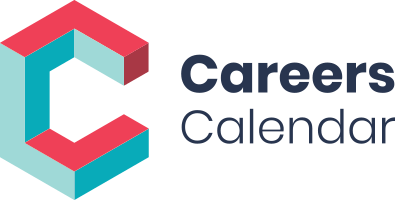Diverse careers programme:
Why and How
Why is a diverse careers programme important?
Students who meet different stakeholders (universities, employers, apprenticeship training providers and colleges) can find out about a wide range of jobs and careers. Students can start to formulate ideas about the opportunities available to them while having their preconceptions challenged. It is important to challenge their view before they become fixed in their thinking. Students may feel that some careers wouldn’t apply to them based on their gender, socio-economic background or their belief system. It’s not uncommon for students to only consider roles that their parents or family members because they have a limited understanding of the world.
Also Gatsby benchmark 3 stipulates that a school’s careers programme should embed equality and diversity considerations throughout as part of good practice.
“A diverse mix of voices leads to better discussions, decisions, and outcomes for everyone.” — Sundar Pichai
Ideas for a diverse careers programme
Understand your students’ needs first.
Ask your students the following questions:
- What are your career aspirations?
- Which subjects and industry areas are you interested in?
- Where would you like to go when you finish school / sixth form/college?
If you do not ask your students these questions then you are in danger of making assumptions and creating a narrow careers education programme. By asking your students the above questions, you are removing the need to make assumptions about their needs. You can use this data to shape your careers education programme. By doing so, you will gather data to evidence Gatsby benchmarks 3 and improve student engagement also.
Create a student careers group that reflects the school population. A steering group will improve engagement and empowers students to help shape the programme offered at the school. We have seen many examples of best practice across England; we must share best practice.
The organisations you invite to speak to students must send representatives that reflect a broad range of groups. Request that organisations send people from a variety of backgrounds including members of BAME and LGBTQ+ communities. This might be a request that you throw in after they there first visit. Furthermore, get the organisation to talk openly about the role that they play in supporting people from BAME and LGBTQ+ communities. There are some great examples of this across the internet with employers like EY and PwC sharing stories about how they support their employees.
How the Careers Calendar platform can help you
If you aren’t setting up student surveys and aligning the data, then get in touch with us here to find out how the Careers Calendar can help you.
As part of our commitment to diversifying careers education, we will be sharing good practise on our newsletter.
Sign up to our monthly newsletter or sign up to use the Careers Calendar platform here.

